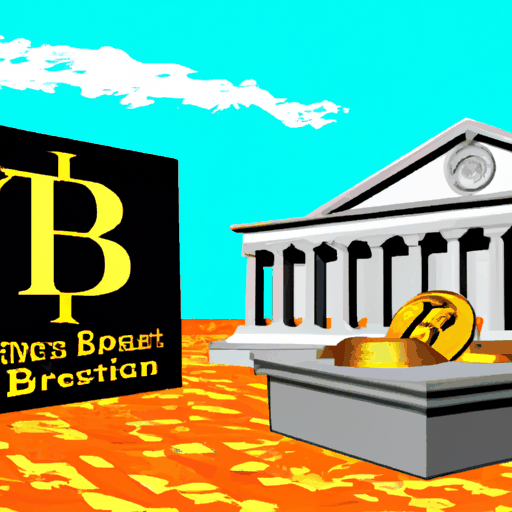
US Considers Bitcoin As Strategic Reserve Asset
By: Isha Das
The concept of Bitcoin being elevated to the status of a strategic reserve asset in the United States has recently gained momentum, spurred by discussions in both national and state-level legislative bodies. Bitcoin Magazine CEO David Bailey proposed that President-elect Donald Trump could potentially secure a national Bitcoin reserve using executive authority alone, circumventing the need for Congressional approval. This bold vision involves the US government initiating a large-scale acquisition of Bitcoin, aligning with strategies employed by major corporate entities such as MicroStrategy, which holds a massive 279,000 BTC, currently valued at over $25 billion.
The proposal suggests that while initial purchases might be made without Congressional backing, larger financial commitments would likely require legislative consent. Traditionally, the management of such reserve assets falls under the purview of the US Treasury Department, which coordinates with the Federal Reserve. The idea of a Bitcoin reserve has sparked vigorous debate within the crypto community, drawing opinions from influential figures and policymakers.
During his campaign, Trump articulated his vision for maintaining and potentially expanding the federal government’s Bitcoin holdings, estimated to be over 200,000 BTC. Substantial legislative effort behind this initiative was highlighted by Senator Cynthia Lummis, who introduced a bill advocating for expanding these reserves. Her plan outlines a strategic purchase of up to 200,000 BTC annually over a five-year period, potentially amassing a total of 1 million BTC, a significant 5% of the total Bitcoin supply. Lummis expressed confidence that the bill could pass in Trump's initial 100 days in office.
Proponents of the strategic reserve asset initiative argue that such measures would reinforce Bitcoin's status as "digital gold," bolstering its usage for economic resilience and elevating the United States' financial standing on a global scale. Significant voices like Michael Saylor of MicroStrategy have vocalized support, suggesting that a national Bitcoin reserve could serve as a mechanism to counterbalance the national debt, potentially offsetting up to $16 trillion.
However, critics like Miles Jennings of Andreessen Horowitz crypto challenge this notion, citing potential risks of wealth transfer from taxpayers to Bitcoin holders. Jennings warned against the prospect of such investments leading to an inflation of Bitcoin’s value, enriching current holders at the expense of public resources. The debate continues as the potential policy shift raises fundamental questions about fiscal priorities and wealth distribution.
Further echoing this sentiment at the state level, Pennsylvania lawmakers have introduced a bill that would allow the state to invest up to 10% of its treasury funds into Bitcoin, mirroring the strategic intentions seen at the federal level. This signifies a growing interest and belief in the utility of Bitcoin as a reserve asset, with implications that may reshape financial strategies across states.



